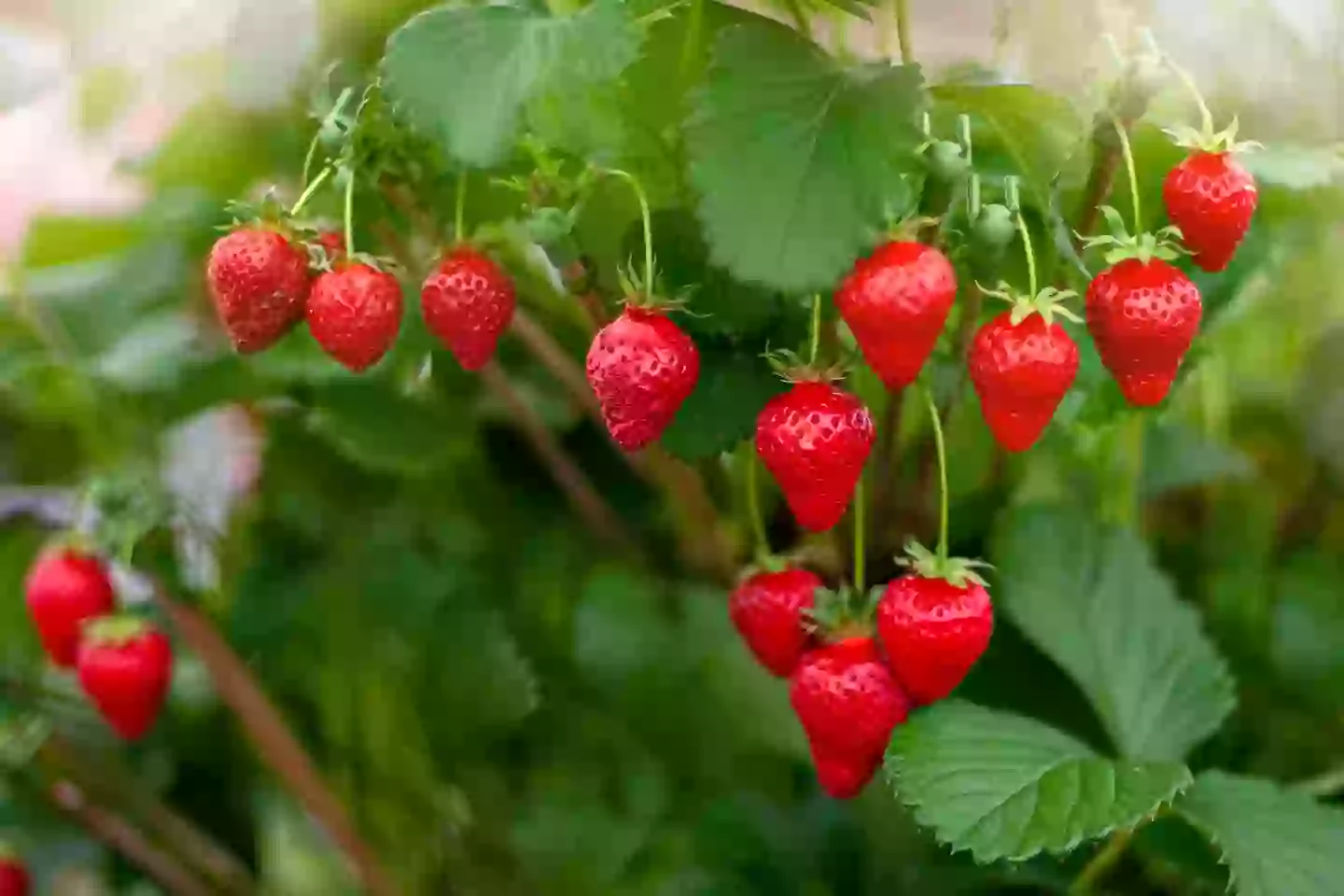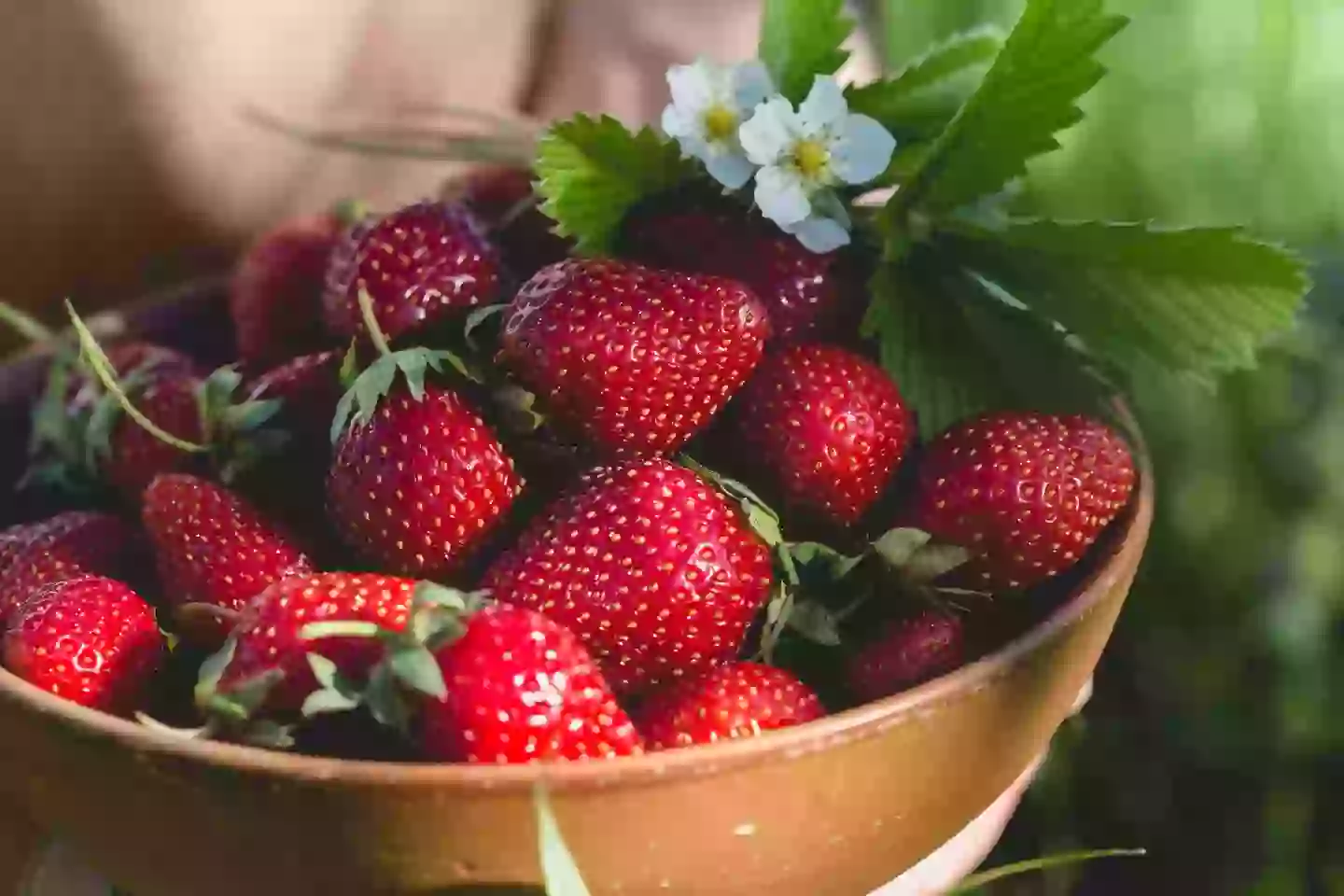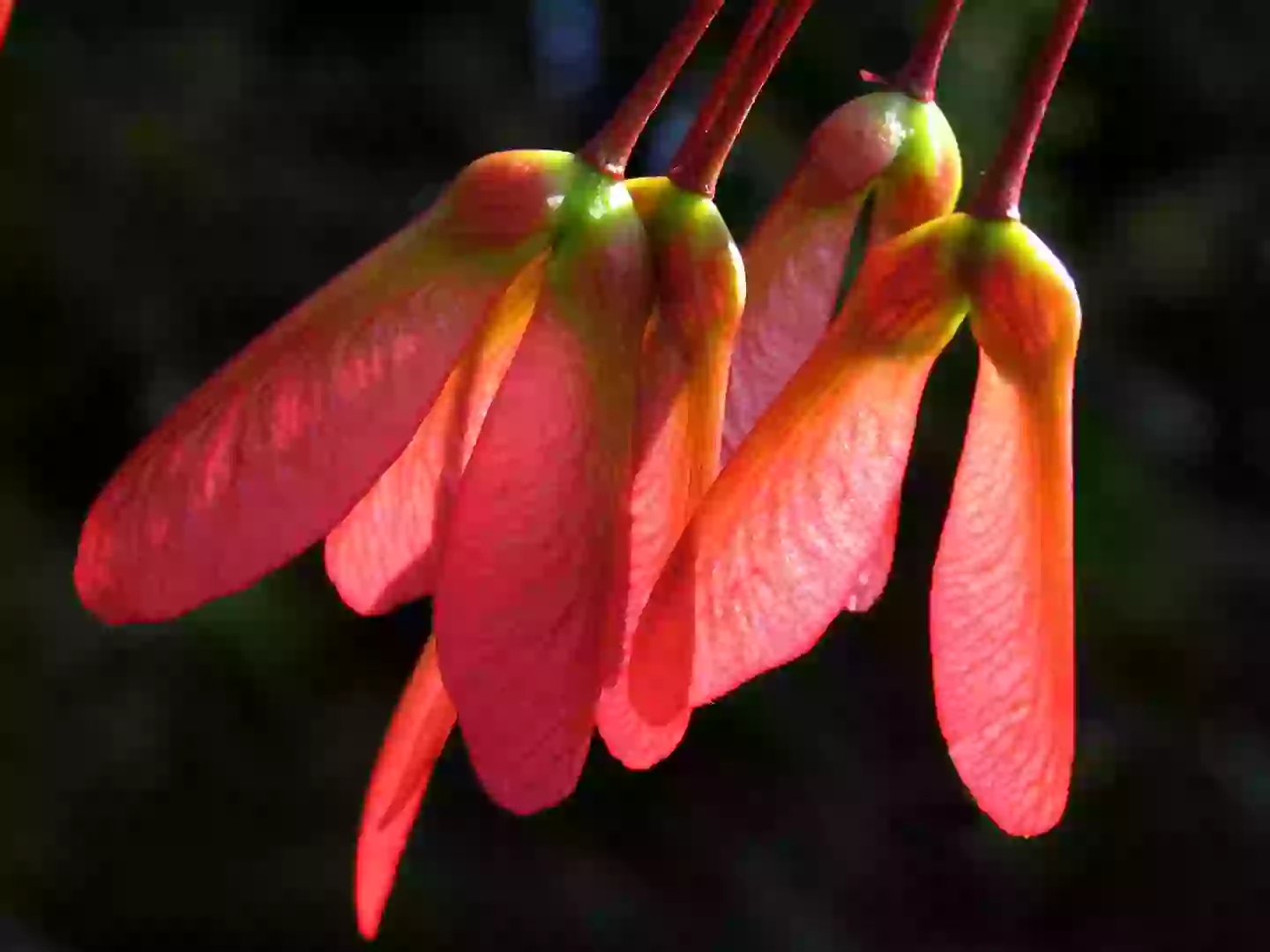
If you assumed the white dots on strawberries are seeds, you're about to have your mind blown.
What strawberries look like might just be an afterthought if you're tucking into a fresh bunch on a summer's picnic.
But many fans of the tasty fruit have come to the shocking realization of what the white specs on the surface actually are - and many are shocked by the truth.
Advert

You might have shrugged off the speckled surface as seeds, but in actuality, the dots scattered across strawberries are achenes, which are the plant's fruit.
The 'achene' refers to the simple dry fruit produced by a variety of different flowering species, including buckwheat and even cannabis.
Plants with achenes include dandelions and sunflowers while some have winged achenes, like maple fruits, elm, bush willows and hop trees.
Advert
Achenes contain a single seed, but what makes the strawberry plant unique is that it doesn't use it to reproduce.

The fruit, which also isn't even classed as a berry, despite its name, instead sends out 'runners' to grow into the strawberry plant we know.
The 'runners' are essentially small strawberry clones that take to the root and begin growing they touch the ground.
Advert
Scientists say this is the most efficient way for the plant to grow and spread, similarly to spider plants and peppermint.
And since the strawberry is not even the fruit of the plant, nor even a berry, even more of us have been stumped as to what they actually are.
The answer to that is that they are actually aggregate fruits, which consist of a number of smaller fruits grouped together.
Chris Gunter, an associate professor of horticultural science at NC State, also cleared up any confusion as to why the seeds (or achenes, as we now know them) decorate the outside of the strawberry's surface.
Advert

Gunter says while it remains a mystery as to what evolutionary force caused strawberries to develop the way they did, he does have some ideas.
"There are a few fundamental reasons why plants have evolved different kinds of fruits. One reason is to attract something that spreads seeds," he said.
"A second evolutionary approach is for plants to find ways for their fruit to disperse on their own. For example, they may fly in the wind, like a dandelion, or be moved by the water, like a coconut."
Advert
Well, I know I won't be looking at a strawberry in the same way ever again.
Topics: Science, Nature, Food and Drink, World News